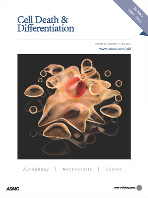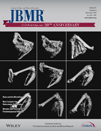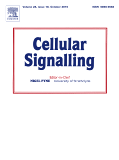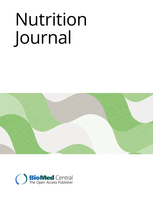 An electroconvulsive therapy (ECT) journal has retracted two 2016 papers after uncovering problems in the data analyses, which the author says were due to language barriers.
An electroconvulsive therapy (ECT) journal has retracted two 2016 papers after uncovering problems in the data analyses, which the author says were due to language barriers.
Interestingly, two authors of the newly retracted papers — Yu-Tao Xiang from the University of Macau in China and Gabor Ungvari from the University of Western Australia — also recently co-authored another paper on an entirely different topic that has received a lengthy correction. That paper — on the use of organs from executed prisoners in China — raised controversy for allegedly reporting a “sanitized” account of the practice. The correction notice, in the Journal of Medical Ethics, was accompanied by a critics’ rebuttal to the paper.
According to Xiang, the newly retracted papers in The Journal of ECT — which examined the efficacy of ECT in treating schizophrenia — were pulled due to “genuine errors” resulting from differences in language. All the authors agree with the retraction, Xiang noted.
Xiang told us: Continue reading Authors retract two papers on shock therapy, citing language barriers
 The last author of a 1999 paper has asked the journal to retract it less than one month after a user
The last author of a 1999 paper has asked the journal to retract it less than one month after a user 
 A researcher charged with embezzlement — and now the
A researcher charged with embezzlement — and now the  A bone researcher based in Japan
A bone researcher based in Japan 



